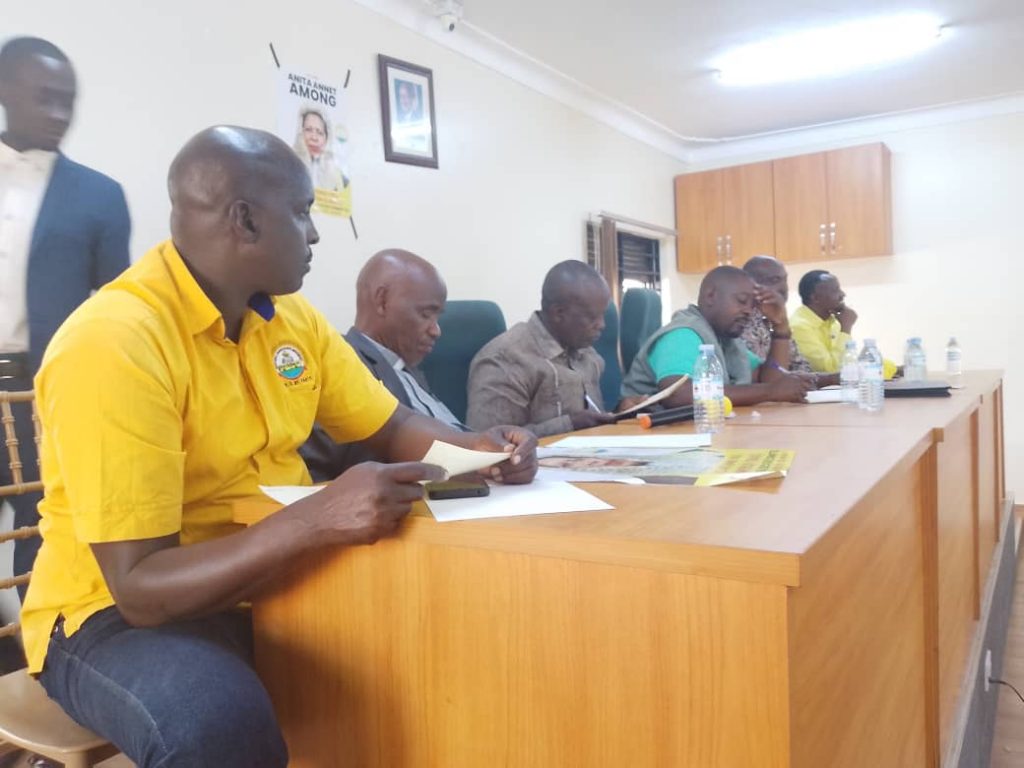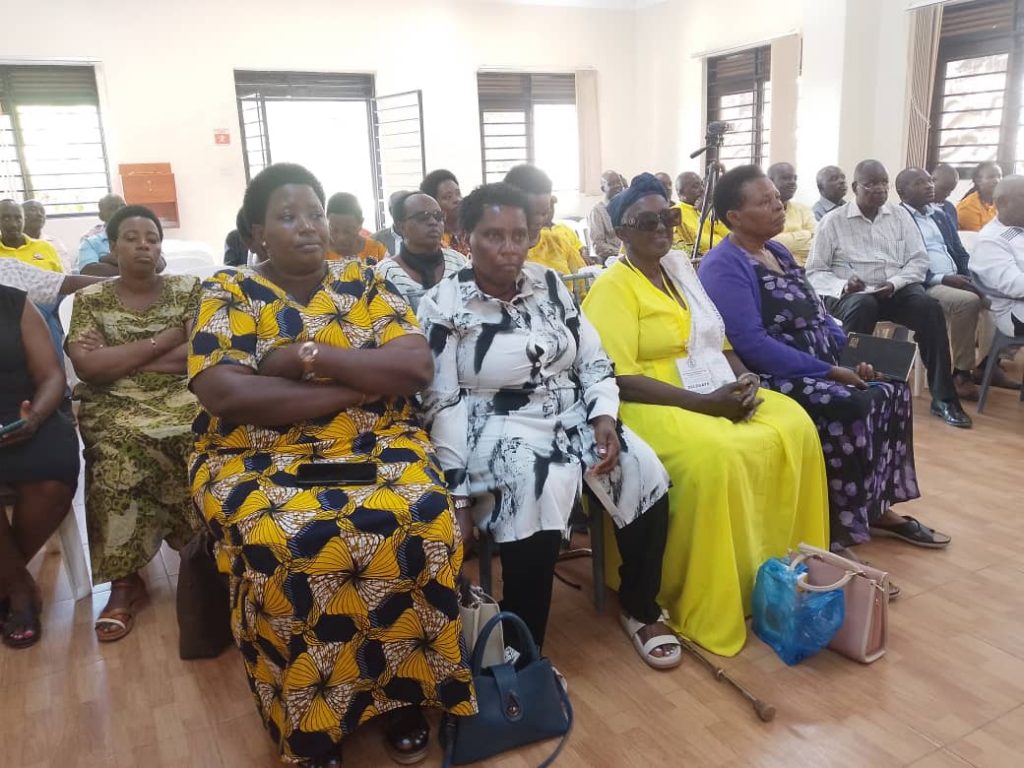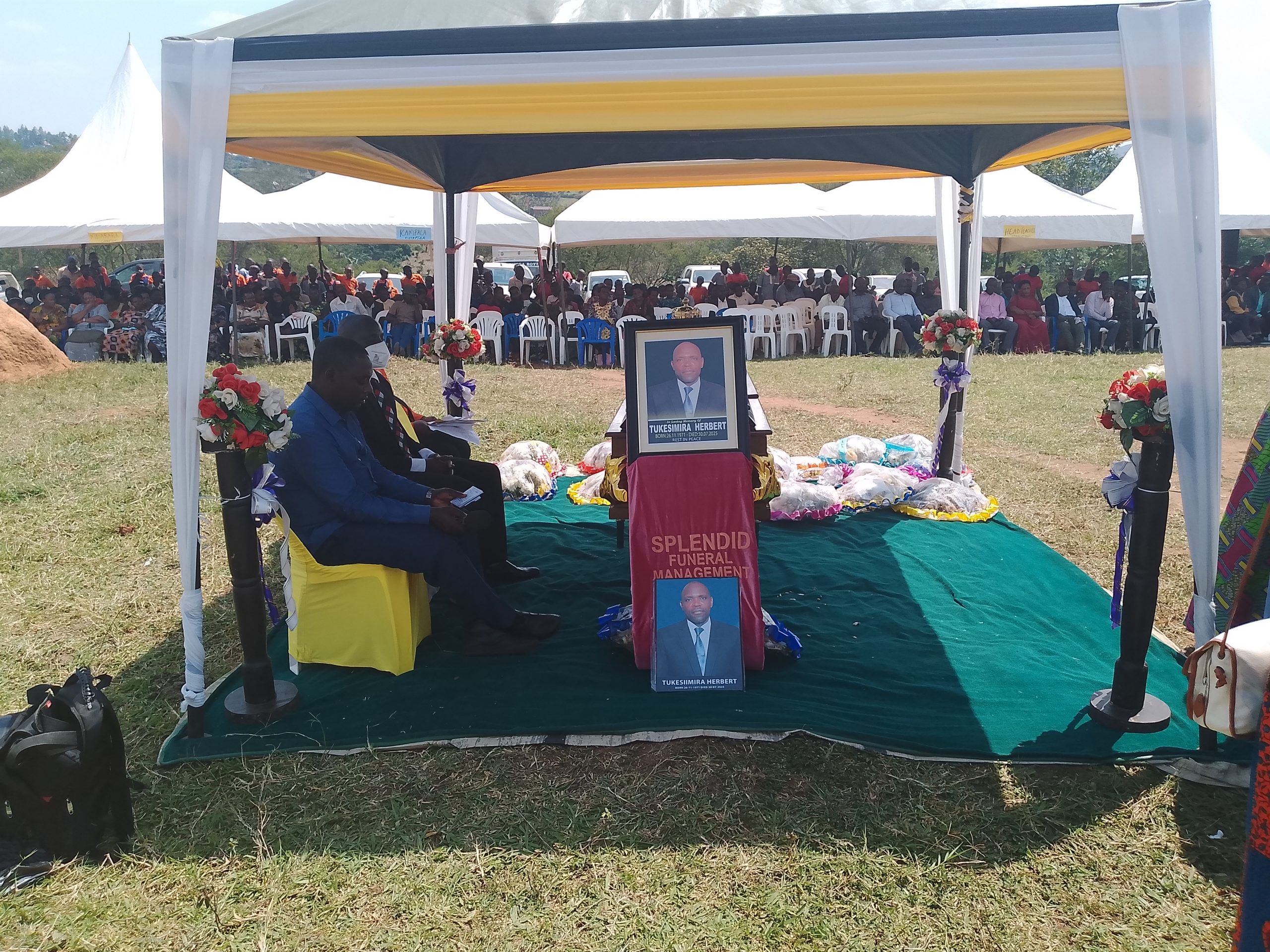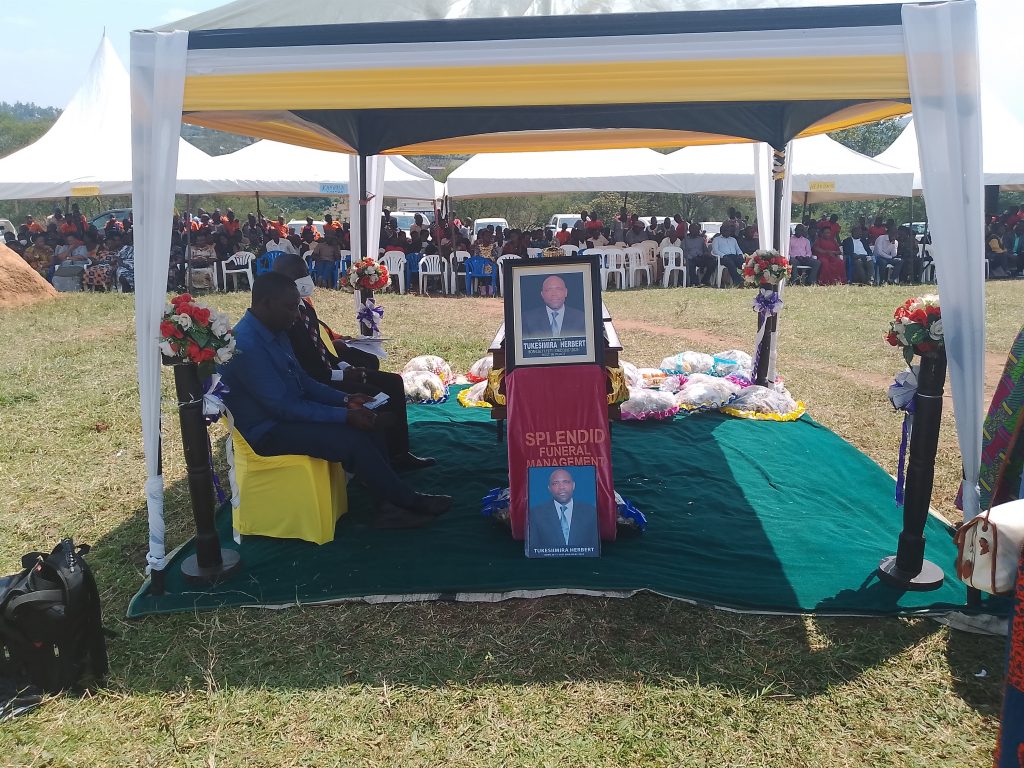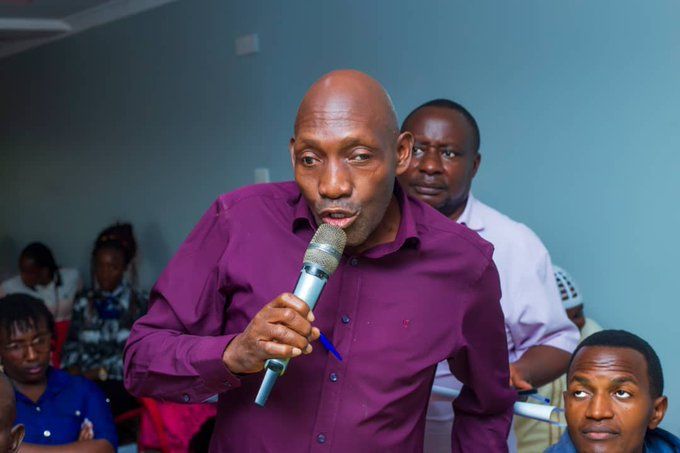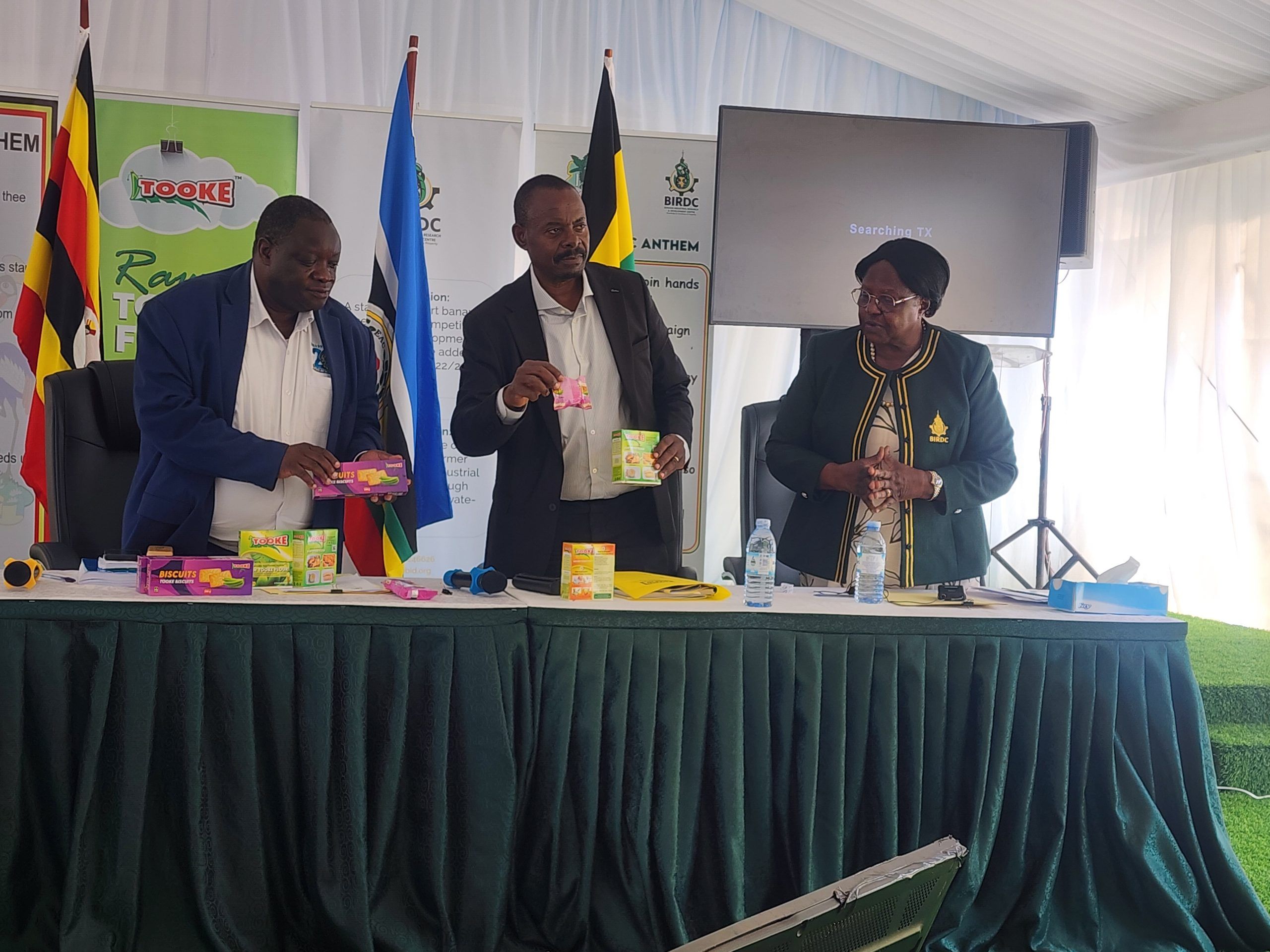Two year old boy murdered in suspected ritual practice
Police in Kazo District are investigating under which a Ark Mugume,2, died., Mugume Ark. The incident occurred at approximately 9:49 am yesterday in Kikoni Lc1, Kikoni Parish, Migina Subcounty involving a 22-year-old man only identified as Ali, son of Asaph Mwesigye a resident of the same village
According to sources, Ali allegedly killed the young boy who is reportedly his nephew. Mugume Patrick, the boy’s father recounted the tragic events to Kazo FM revealing that his wife who worked in Kampala had requested that their son attend a party in Bushenyi alongside his paternal grandmother,Kyogabiirwe Jenifer. Despite their separation, Mugume Patrick had released the child expecting him to return home on July 19, 2025. However, the child’s grandmother did not bring him back and upon learning of the child’s death, Mugume was devastated.
Eyewitnesses claim that a few days prior the incident, Kyogabiirwe Jenifer allegedly brought an unidentified man purportedly a witch doctor home and performed a ritual sacrifice leading to the child’s death.
Boda boda Cyclist Tumwebaze Julius recounted how he saw Kyogabiirwe raising an alarm and shouting for help, “Come and see! My son has killed my grandchild!”
Following the tragic event, suspects including Kyogabiirwe Jenifer, her son Ali and Mugume Ark’s father Mugume Patrick were detained by authorities. However, tensions have escalated among residents with reports of property damage around the suspect’s home. Items including two cows, four goats, two pigs and banana plantations were destroyed as residents took to revenge.
Hon. Esau Mwebeiha Muramuzi, the councilor for Kikoni Parish expressed strong disapproval of the acts of vandalism while Mbaine Saverino, Chairperson of Kikoni 1 Parish and Mwesigwa Venerato, Chairperson of Kikoni Lc1 confirmed that the child’s body was moved to another house after bloodstains were observed around the compound. They emphasized that such an incident is unprecedented in their area and called for calm and justice.
The community remains in shock as investigations continue into the circumstances surrounding the child’s death. Authorities have assured residents that justice will be pursued and that measures will be taken to prevent such tragedies in the future.



